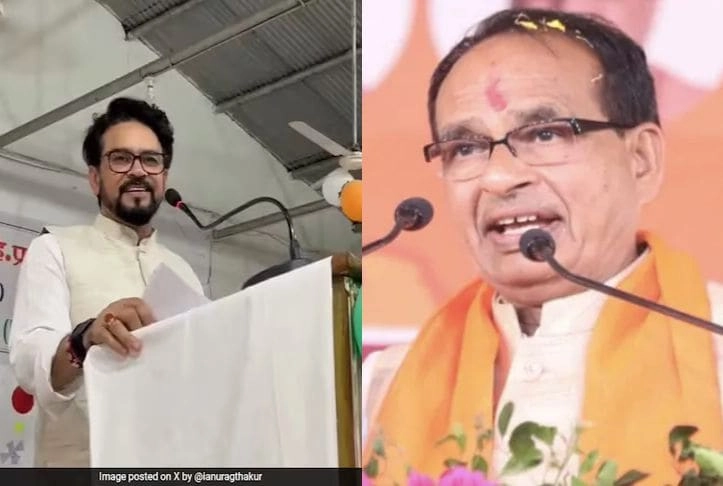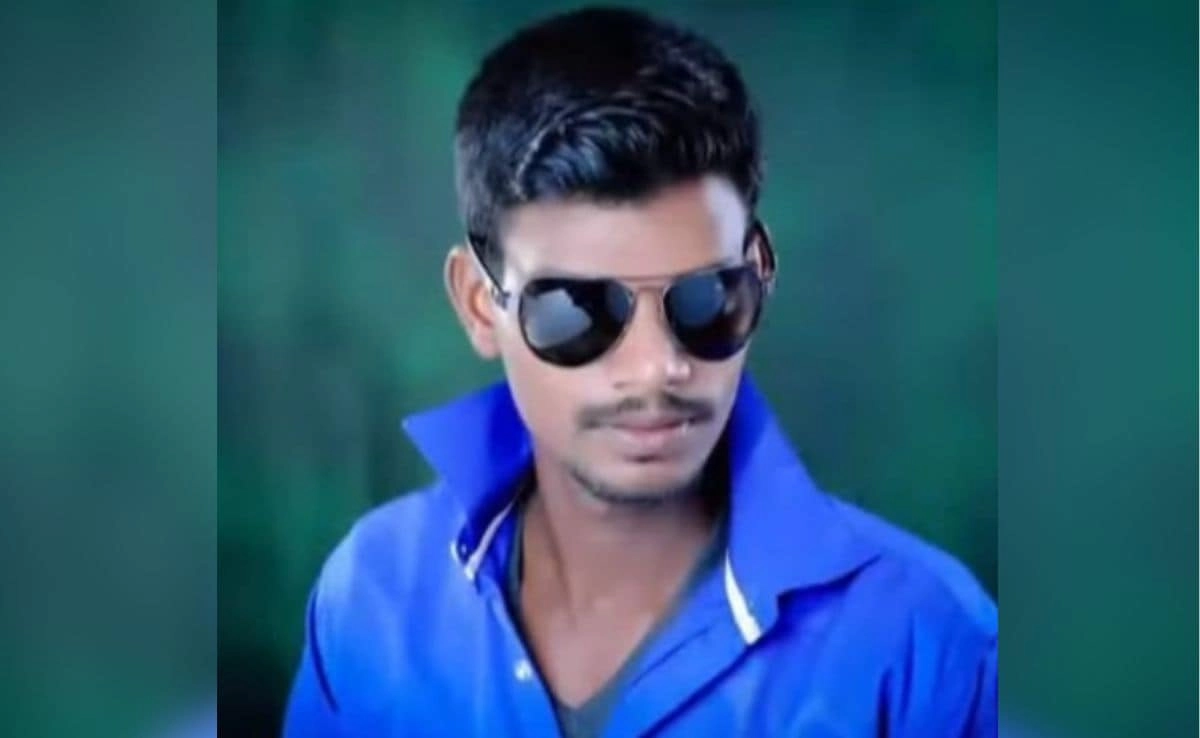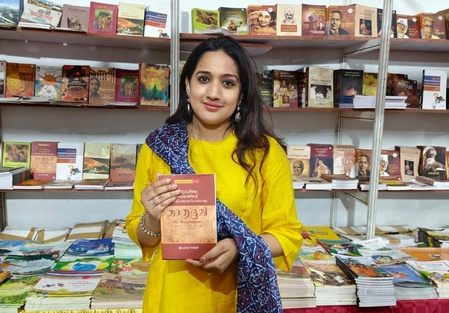In the realm of Indian politics, statements made by leaders often generate considerable discourse, and recent comments from Anurag Thakur have stirred the pot once more. Thakur, a prominent figure in the Bharatiya Janata Party (BJP), made headlines with his provocative remark about “Hanuman in space,” which was interpreted as an attempt to intertwine ancient mythology with contemporary scientific advancements. His assertion provoked a mix of admiration and skepticism, prompting discussions about the role of mythology in modern contexts and the BJP’s strategy of blending cultural narratives with its political messaging.
In the wake of Thakur’s remarks, another BJP leader further fueled the conversation by claiming that India would be the first country to send a plane to space. This bold assertion not only seeks to emphasize India’s growing prowess in aerospace technology but also attempts to position the BJP as a party that is at the forefront of innovation and progress. Such statements reflect a broader narrative within the BJP’s political strategy, which often emphasizes national pride and technological advancement as cornerstones of its governance philosophy. The juxtaposition of mythological references with claims of technological superiority showcases the party’s unique approach to engaging with both traditional and contemporary audiences.
As these statements reverberate through public discourse, they highlight the complexities of political rhetoric in India. The blending of cultural heritage with aspirations for scientific excellence serves to reinforce the BJP’s brand while also raising questions about the implications of such claims. Critics may argue that these remarks oversimplify the challenges facing the nation’s aerospace sector, while supporters might view them as a rallying cry for national unity and ambition. Ultimately, the interplay between tradition and modernity in political dialogue underscores a significant trend in how leaders seek to connect with the electorate. The ongoing discussions around Thakur’s and his colleagues’ statements reflect a dynamic political landscape where mythology and modernity coexist, shaping the future narrative of India’s aspirations on the global stage.




